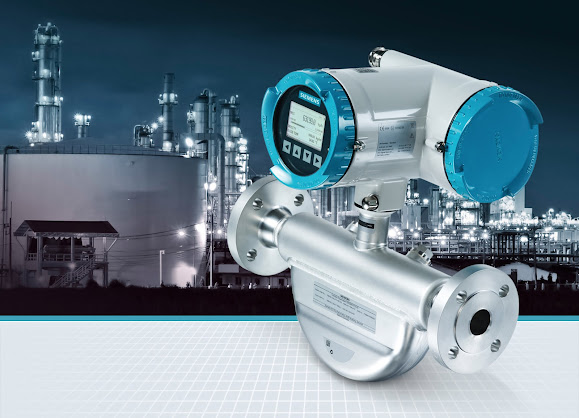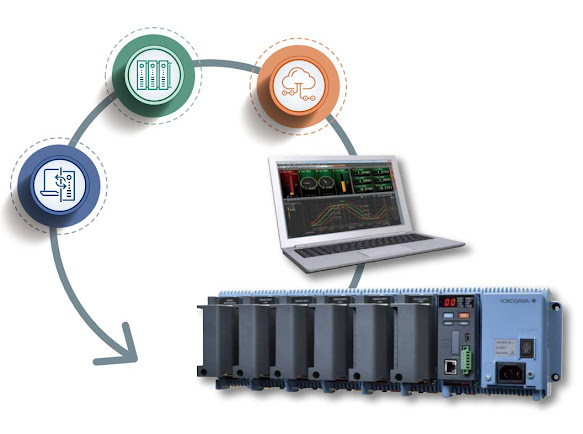Choosing The Right Torque Sensor For Your Project Needs
Ever found yourself deep in a project, scratching your head and wondering if you picked the right tool for the job? Yep, we’ve all been there.
Selecting a torque sensor can feel like finding a needle in a haystack. But don't sweat it! Let's uncover the secrets of choosing the perfect torque sensor for your project needs.
Understanding Your Project Requirements
Before diving into the ocean of options, take a moment to reflect on what your project truly requires.
Are you dealing with high-precision measurements or just need a general sense of torque? Understanding your project's specific needs is the first step toward making an informed decision.
1. The Nature of Your Application
Think about where and how you’ll be using the torque sensor. Different environments and applications demand different types of sensors.
- Industrial Applications: If you’re working in an industrial setting, durability and robustness are key. Look for sensors that can withstand harsh conditions.
- Automotive Projects: Accuracy and reliability are crucial in automotive applications. High-precision torque sensors are often the go-to choice.
- Research and Development: If you’re in the R&D field, flexibility and data accuracy will be your best friends. Opt for a sensor that offers high resolution and detailed data output.
2. Measurement Range and Accuracy
Every project has its sweet spot for measurement range and accuracy. Selecting a torque sensor that fits within the desired measurement range and provides the necessary accuracy can make or break your project.
- Low-Range Applications: For delicate tasks like testing small motors or medical devices, a sensor with a low measurement range but high accuracy is needed.
- High-Range Applications: Heavy machinery and large engines require sensors that can handle high torque values while maintaining accuracy.
Types of Torque Sensors
Navigating through the different types of torque sensors can be overwhelming. Here’s a simplified guide to help you out:
1. Rotary Torque Sensors
Rotary torque sensors measure the torque in rotating systems. They are ideal for applications where the torque must continuously be calculated as the object rotates.
- Slip Ring Type: These are traditional and cost-effective but may require maintenance due to wear and tear.
- Wireless Type: Modern and hassle-free, wireless torque sensors offer easy installation and data transmission without physical connections.
2. Reaction Torque Sensors
Reaction torque sensors measure torque without requiring the object to rotate. They are perfect for static or semi-static applications where rotational measurement isn't feasible.
- Flange Type: Commonly used in static applications, these sensors are bolted directly to the machine.
- Shaft Type: These are inserted between the driving and driven parts and are suitable for semi-static applications.
Features to Consider
Choosing the suitable torque sensor involves looking beyond the type and measurement range. Here are some critical features to keep in mind:
1. Signal Output and Compatibility
Ensure the sensor's signal output is compatible with your data acquisition system. Some sensors offer analog output, while others provide digital signals.
2. Environmental Resistance
Consider the environmental conditions where the sensor will be used. Look for sensors with proper sealing, temperature compensation, and resistance to dust and moisture.
3. Calibration and Maintenance
Ease of calibration and maintenance can save you a lot of headaches down the road. Opt for sensors that are easy to calibrate and require minimal maintenance.
Conclusion: Making the Final Choice
Selecting the perfect torque sensor for your project doesn't have to be daunting. You can make an informed decision by understanding your project’s specific needs, considering the type of sensor that best suits those needs, and looking for essential features.
So, take a deep breath, embrace the journey, and choose the torque sensor that will drive your project to success.


Comments
Post a Comment